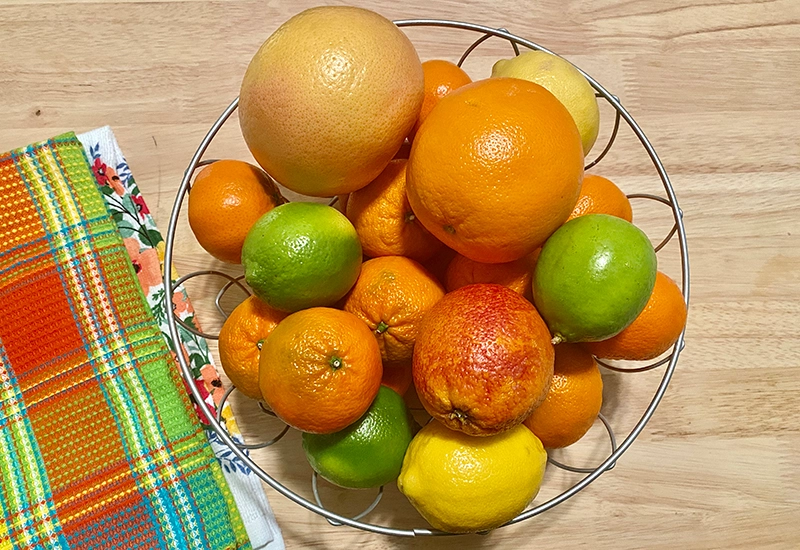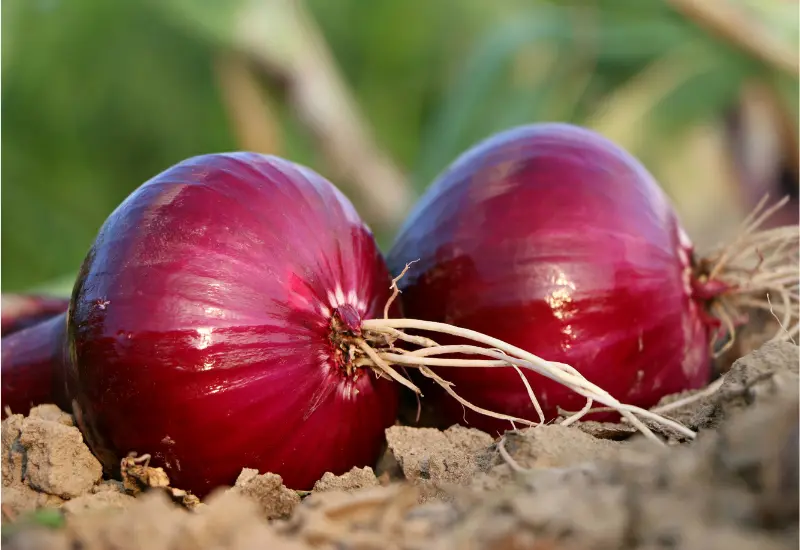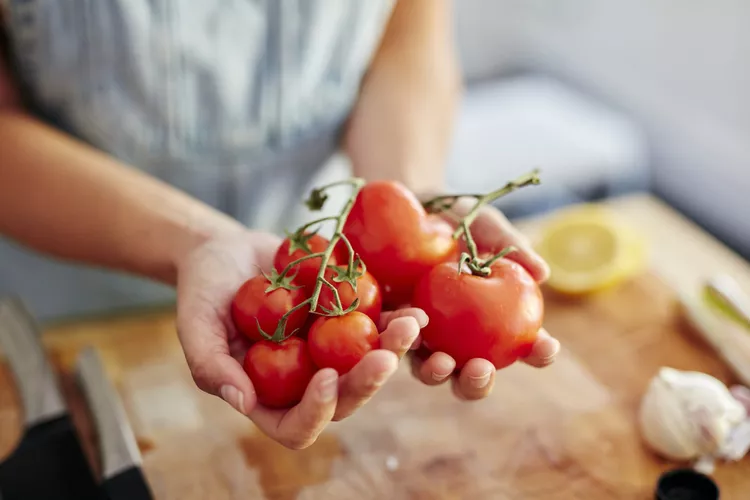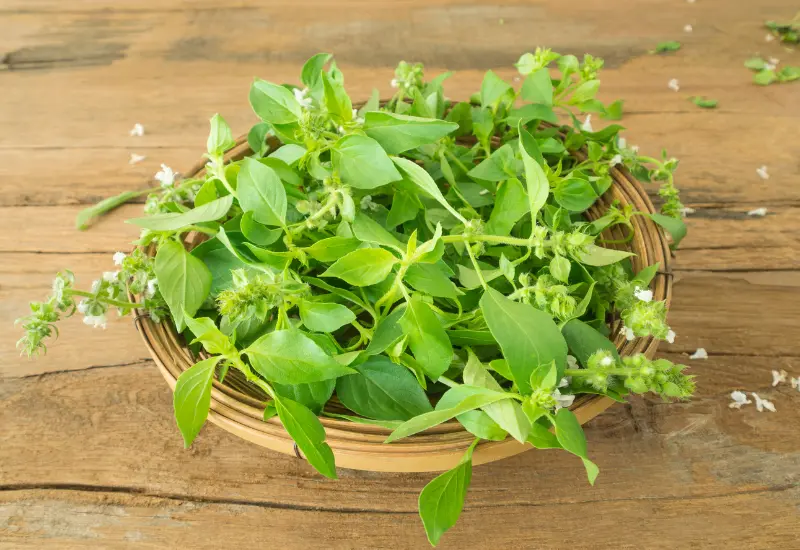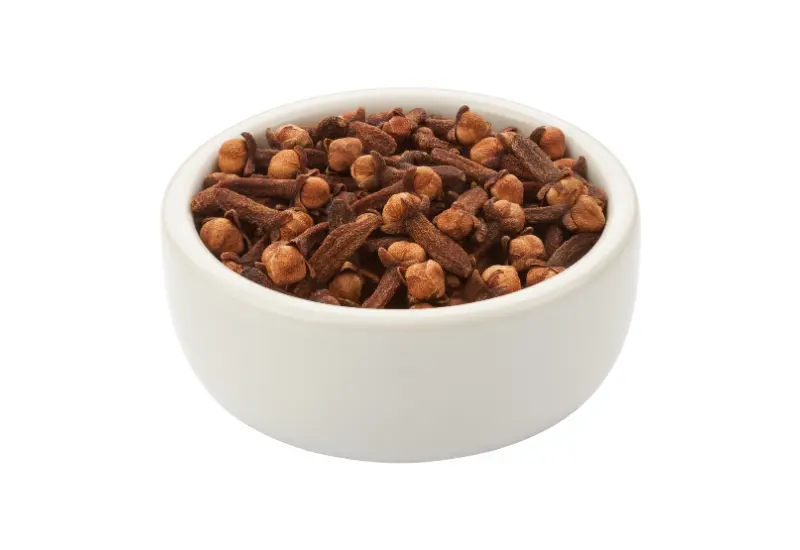
Cloves have become more widely used, recognized, and distributed since their earliest antiquity. These dried flowerbuds, which have a strong perfume, are used as spices in dishes and to make natural drinks like kunu and zobo. Consumers are investigating cloves’ potential medical and health benefits. Cloves, much like scent leaf, are herbs renowned for their medicinal properties and culinary uses.
The Austronesian maritime trade network, which subsequently evolved into a subset of the Spice Trade, is said to have included cloves as early as 1500 BC. Nowadays, cloves—known in Southwest Nigeria as kanafuru—are grown all throughout the world, especially in several African nations including Madagascar, Tanzania, and Kenya.
Cloves’ history is quite amazing, as are the planting and harvesting procedures. We’ll go over these tales again in this post to show you how cloves are developed and their advantages.
What You Should Know About Cloves
Cloves are flower buds of the plant Syzygium aromaticum (clove tree), of the Myrtaceae family. This family of trees also includes other notable members including guava, bay rum, and allspice. The woody trees in this family all produce several flower parts and contain essential oils. Given their potential medical benefits, these unusual qualities make them desirable.
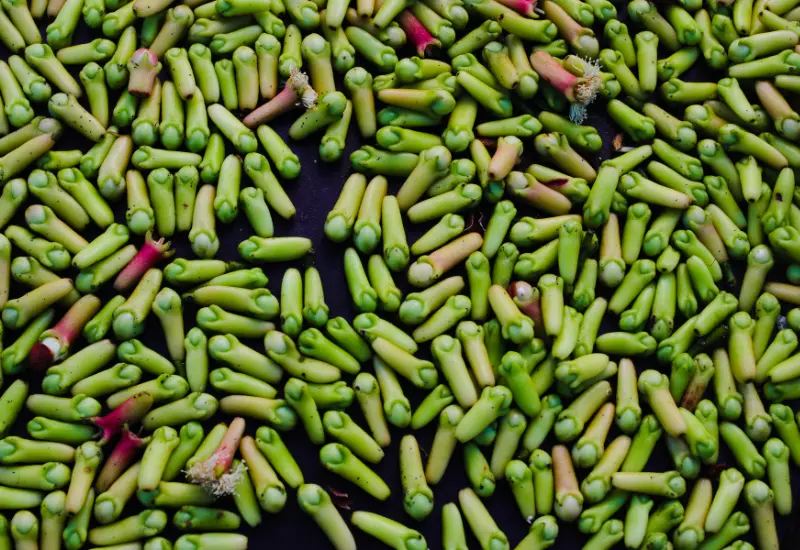
Freshly Harvested Cloves
Cloves’ Historical Origins
The Indonesian archipelago of the Moluccas is home to the clove tree. Cloves were a major component of the spice trade and were exported from this island to China and Europe. Over the years, cloves were prized and attracted the attention of several reigning powers, notably the Portuguese, Dutch, and Spanish.
Although Indonesia continues to be the world’s top producer of cloves, clove tree seedlings have previously spread to other places, such as Mauritius and Zanzibar, which used to be the world’s top producer of cloves.
Additionally, cloves have been used historically in burial customs, particularly in European nations. This is mostly because clove oil’s main ingredient, eugenol, has preservative qualities.
How Do You Grow Cloves?
The clove tree’s blossom buds are used to collect cloves. Harvesting is an exacting process. If it’s too early, the buds won’t be fully formed; if it’s too late, the eugenol-containing crowns will have broken off, which will reduce the cloves’ value. In order to conserve the eugenol content, which is what gives cloves their unique scent and therapeutic qualities, harvesting starts when the buds are fully developed but not yet open.

Cloves can be picked by hand or by machine, but most growers prefer to pick by hand because it reduces the possibility of breaking the buds or crowns. To access the top branches of the tall trees, skilled laborers utilize ladders supported by ropes. The buds from the higher branches are carefully cut off and placed on the lower branches. In order to maintain the tree’s output for upcoming harvests, they take care not to break any branches.
Cloves are sorted by size after harvest, with the largest and plumpest being regarded as top quality. After that, they are sun-dried till they take on a deep brown hue.
Proper drying is crucial since excessive drying might reduce the amount of eugenol, which lessens the spice’s power and scent. Before being sent to wholesalers and retailers, the dried cloves are packaged and kept in a cool environment to maintain their quality.
What Are Cloves Used For?
Nigerians have been using cloves for pain relief, hair treatment, and even to improve sex on social media. However, how can cloves be used to their fullest potential?
When Cooking
Both savory and sweet recipes benefit from the warm, fragrant fragrance that cloves bring. Curry powders, mulled wine mixtures, and spice blends like garam masala all contain them. For a deep, unique flavor, cloves can also be ground or added whole to soups, stews, and baked products.
When Producing Natural Drinks
Cloves are frequently used to add flavor and a dash of heat to traditional Nigerian beverages like tiger nut and zobo cocktails. To extract their scent, they are cooked with other seasonings. These beverages are also kept fresher for longer because of their antibacterial qualities.
Medicinally
The high eugenol content of cloves is well known for its anti-inflammatory and pain-relieving properties. They are believed to lessen cold symptoms, enhance digestion, and ease toothaches. Another well-liked natural treatment for skin and respiratory ailments is clove oil.
For Hair Care
To encourage hair growth and lessen dandruff, apply clove oil or clove-infused water to the scalp. Its antibacterial qualities support the upkeep of a healthy, clean scalp. Additionally, regular use can strengthen and shine hair strands.
Dentistry
Because of their numbing and antimicrobial qualities, cloves are frequently employed in oral therapies. Clove oil is a common ingredient in mouthwashes and toothpastes like Colbur and Dabur, and it can help with toothaches. It supports general dental health, fights oral microorganisms, and improves breath.
Cloves have several uses, which contributes to their high price. Since Indonesia produces a lot of cloves every year, their costs are lower than those of many other nations; one kilogram of cloves can cost up to IDR74,198, or about ₦7,100. The average price of 1 kilogram of cloves in Nigeria is ₦35,000.
Cloves’ Health Benefits
Eugenol, an essential oil found in cloves, is excellent for pain alleviation, food flavoring, and neuroprotection. Cloves therefore provide a host of health advantages, such as
Reduce Inflammation
Cloves naturally alleviate inflammation in the body due to their high eugenol content. Eugenol helps reduce swelling and pain, making cloves good for illnesses like arthritis, muscle stiffness, and intestinal inflammation. Cloves can help reduce inflammation both internally and externally when they are regularly included in the diet.
Liver Health
Cloves can support liver health in small doses by lowering inflammation and oxidative stress. The active ingredient, eugenol, aids in the liver’s detoxification procedures and guards against toxin-induced damage. Moderation is essential since excessive drinking might harm the liver.
Rich in Antioxidants
Antioxidants, a class of chemicals found in cloves, fight off free radicals that roam the body. This lessens the body’s oxidative stress. This preventive impact reduces the chance of developing long-term conditions, including diabetes and heart disease. Cloves’ antioxidants also support the general longevity and health of cells.
Blood Sugar Regulation
Because cloves slow down the body’s absorption of glucose and increase sensitivity to insulin, they can help control blood sugar levels. For those who already have diabetes or are at risk of developing it, these qualities make them a beneficial dietary supplement. Cloves can help keep blood sugar levels steady when added to meals.
Possible Properties to Fight Cancer
Recent studies demonstrate cloves’ ability to fight cancer. Eugenol and other compounds have demonstrated promise in preventing tumor growth and causing cancer cells to undergo apoptosis, or programmed cell death. Cloves are being investigated for their potential to prevent and treat cancer, although research is still in progress.
Antifungal and Antibacterial Properties
Strong antibacterial and antifungal qualities found in cloves help to support healthy skin. They can aid in the fight against fungal infections, acne, and other skin disorders brought on by dangerous microbes. Cloves are therefore a natural way to keep skin healthy and clear.
Immune Boosting
Cloves help the immune system by acting as an antiviral and antibacterial. They can lower the risk of diseases like the flu and colds and aid the body in fighting off infections.
Given their high manganese concentration, cloves are also said to be excellent testosterone boosters and can increase sexual potency.
Cloves promote good health and body well-being whether they are used as a spice in food, as a flavoring in beverages, or in other ways. They improve the condition of the skin, revitalize organs, and add fragrance to food. This article serves as a reminder to those who have not yet jumped on the cloves bandwagon so they can begin enjoying the advantages of cloves.

